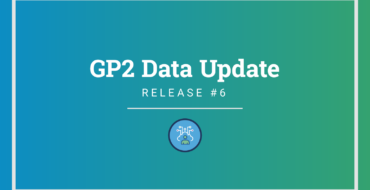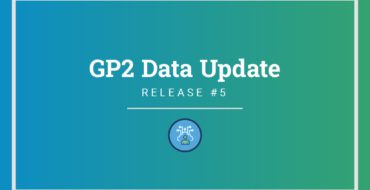Building Clinical and Genetic Data for GP2 in the Cohort Integration Working Group

Our focus over the last 25 years has been identifying genes, or more accurately genetic variants, which cause Parkinson’s disease (PD). This has been productive leading to the identification of major genes which cause inherited PD, such as alpha-synuclein and LRRK2, and 90 areas of the genome (loci) which are associated with PD – that slightly increases the risk of developing the disease in genome wide association studies (GWAS). The identification of rare variants in alpha-synuclein and LRRK2 has triggered intense work on the biology of PD, and now, the therapeutic trials directed towards these proteins in patients. For the common GWAS variants, the relevant disease pathways have been more difficult to understand, but recent advances in the understanding of the control of gene expression and processing in the brain means that we are likely to dramatically increase our understanding of the risk of sporadic PD over the next few years.
However, we know that PD is not a homogeneous illness. Some people have mild forms of PD which has a minimal impact on quality of life for 20 years or longer, whereas some have severe forms of the condition which leads to major problems with movement, balance, and memory/cognition within a few years of disease onset. We know that having tremor at the start of the illness and being younger are associated with a better prognosis, but beyond that we understand very little about the biology and determinants of variation in disease progression. This is clearly important as, if we could design treatments that would convert a “malignant” to a “benign” disease course, then this would be an important and useful treatment. We think that large scale research on the genetics of clinical outcomes is going to drive progress in PD over the next 10 years.
A major factor in our progress in Parkinson’s genetics has been collaboration between investigators at different sites in different parts of the world that allows us to combine data, both genetic and clinical, from patients who have agreed to be involved in research and have generously donated their time to being involved in research studies. The ASAP-GP2 consortium provides us with the opportunity to massively scale up research on clinical outcomes in PD. We aim to join up research studies involving over 150,000 people to enable the discovery of new risk factors for PD. As part of that in the cohort integration working group (CIWG), we are harmonising clinical data from research participants to enable large clinical outcomes research, which will look at variation in Parkinson’s outcomes and deleterious and protective factors. To date, we have engaged with over 70 separate cohorts globally who are joining in with the GP2 project. We think this will lead to significant advances in our understanding of PD over the next two years.



